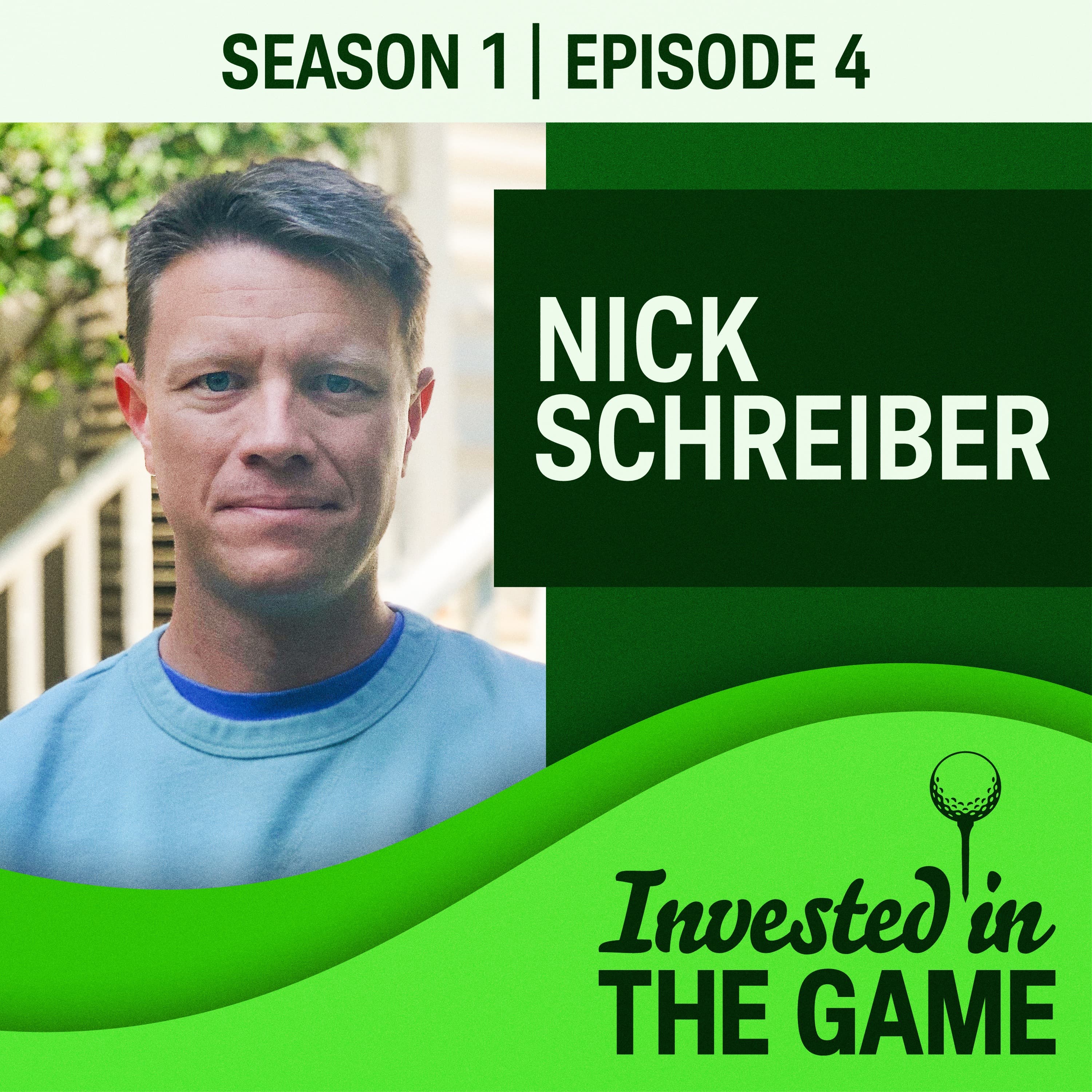In this episode, Mason Reed sits down with Nick Schreiber, the founder, owner, and visionary behind Old Barnwell Golf Club in Aiken, South Carolina. Nick shares his journey from a non-golfer to a passionate advocate for the game, detailing his early experiences as a caddie, his career path in corporate America, and how he and his wife Sarah decided to build a new golf course.
He discusses the vision and mission behind Old Barnwell, which aims to create opportunities and connections for its members while challenging the traditional exclusivity of private clubs. Nick also discusses the club's emphasis on community engagement, philanthropy, and inclusivity. He shares insights into the iterative process of defining the club's overall mission, the importance of partnerships, and the successes achieved in a short time. The conversation also touches on future aspirations for expansion and the broader impact of golf on communities.
Invested in the Game is an original podcast from Charles Schwab.
If you enjoy the show, please leave a rating or review on Apple Podcasts.
The comments, views, and opinions expressed in the presentation are those of the speakers and do not necessarily represent the views of Charles Schwab.
Data contained herein from third party providers is obtained from what are considered reliable source. However, its accuracy, completeness or reliability cannot be guaranteed and Charles Schwab & Co. expressly disclaims any liability, including incidental or consequential damages, arising from errors or omissions in this publication.
All corporate names and market data shown above are for illustrative purposes only and are not a recommendation, offer to sell, or a solicitation of an offer to buy any security.
Investing involves risk, including loss of principal.
Apple, the Apple logo, iPad, iPhone, and Apple Podcasts are trademarks of Apple Inc., registered in the U.S. and other countries. App Store is a service mark of Apple Inc.
Spotify and the Spotify logo are registered trademarks of Spotify AB.
